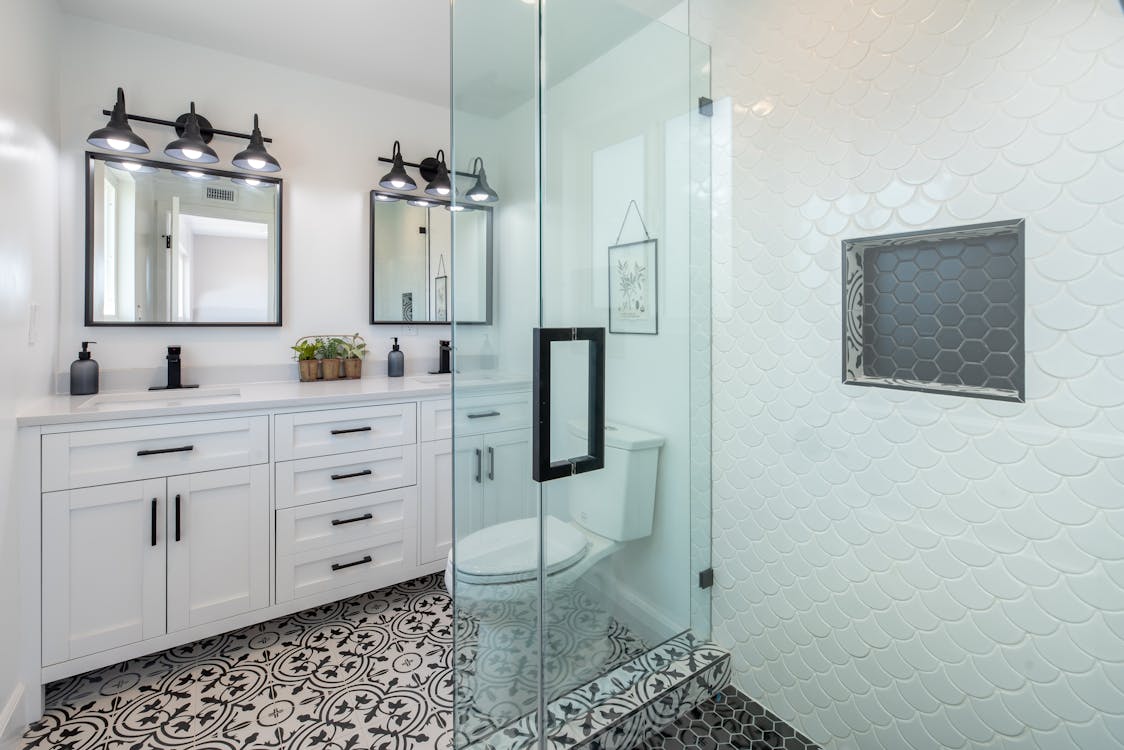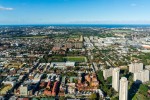How to Choose a Rental Property That Stays Cool Even in Hot Weather
With the Philippines’ tropical climate, staying cool at home is a must, especially during the scorching summer months. The right rental property can make all the difference in keeping you comfortable while saving on electricity costs. In this guide, we’ll walk you through key factors to consider when choosing a rental that naturally stays cool, so you can enjoy a refreshing and relaxing home environment all year round.
1. Orientation and Location Matter
Direction of the Sun
One of the first things to check when choosing a rental is how it is oriented. A home that faces east gets morning sun but stays cooler in the afternoon, whereas a west-facing home absorbs heat later in the day. Opt for units that minimize direct exposure to the harsh afternoon sun to maintain a cooler indoor temperature.

Surrounding Environment
A property surrounded by trees or near bodies of water (like lakes or rivers) tends to be naturally cooler. Look for rentals in well-vegetated areas or those with shaded surroundings to reduce heat buildup.
2. Proper Ventilation and Cross Breezes
Windows and Airflow
Well-placed windows allow natural air circulation, reducing the need for air conditioning. Properties with large windows on opposite sides of the house encourage cross-ventilation, allowing cool air to flow freely.
Open Spaces and High Ceilings
High ceilings allow hot air to rise, preventing rooms from feeling stuffy. Open layouts with fewer partitions also improve airflow, making your home feel more comfortable.

3. Building Materials and Insulation
Concrete vs. Lightweight Materials
Concrete homes tend to absorb heat and release it slowly, making interiors warm in the evening. Homes with insulated walls, wooden materials, or hollow blocks with insulation are better at maintaining a cooler indoor climate.
Roofing Material
Metal roofs absorb and radiate heat, making homes feel like an oven. Opt for rentals with heat-reflective roofing materials, such as clay tiles or insulated metal roofs, to minimize heat buildup.
4. Presence of Shade and Greenery
Trees and Plants
A rental property with gardens, trees, or rooftop plants provides natural shade and helps reduce surrounding temperatures. Vertical gardens or potted plants on balconies can also improve air quality and keep interiors cooler.
Awnings and Overhangs
Overhangs and awnings help block direct sunlight, especially on windows facing west. If a rental has built-in shading features, it’s a great plus for keeping the indoor temperature manageable.
5. Energy-Efficient Features
Cooling Systems and Appliances
Check if the property has energy-efficient air conditioners, ceiling fans, or inverter technology appliances that help keep your home cool without consuming too much power.

Smart Home Features
Some modern rental units come with smart cooling systems that adjust room temperatures based on your preferences. If available, these features can help you stay comfortable without skyrocketing electricity bills.
6. Flooring and Interior Choices
Tile and Stone Flooring
Tiles and stone materials, such as granite or ceramic, stay cooler than carpeted or wooden floors. Rentals with these flooring options feel more refreshing, especially during hot months.

Light-Colored Interiors
Darker colors absorb more heat, while light-colored walls and furniture reflect it. A rental with white or pastel interiors helps keep temperatures lower.
7. Proximity to Open Areas
Rentals near parks, coastal areas, or open fields tend to be breezier. Living in a crowded urban area with lots of concrete traps heat, so if possible, choose a rental that has open spaces nearby.
Choosing the right rental property can make a big difference in your comfort, especially during hot weather. By considering factors like orientation, ventilation, building materials, shade, and energy-efficient features, you can find a home that stays naturally cool. Prioritize these elements in your rental search and enjoy a comfortable living space all year long!




